Men and women, both suffer from hair loss. Sometimes age, disorder, genetics, alopecia etc. cause hair thinning and unstoppable hair loss. But some treatments and remedies might slow down the process.
According to observations, nearly two-thirds of men suffer from some degree of hair loss by the age of 35. By the age of 50, approximately 85% of men experience almost complete hair loss. Women too suffer from varying degrees of hair loss. To both men and women, it’s a point of insecurity and loss of confidence.
To help prevent the hair loss and try to stop it, here are a few hair care tips and treatments you can opt for:
1. Lifestyle changes:
- Hygiene: The health, density and longevity of hair depend on how well you take of it. Regular hair wash, oiling, conditioning, and other hair care measures can prevent damage and hair loss. It is also essential you use the right kind of shampoo and products best suited for your hair. Excessive styling can also be damaging so preventative measures should be taken.
- Quit smoking: Research has determined smoking can cause hair loss. It is important for a smoker with hair loss problem to quit smoking as soon as possible.
- Scalp massage: Massages can help with your hair loss by stimulating the hair follicles. In one study based on healthy Japanese men who receive 4 minutes of scalp massage each day for 24 weeks had thicker hair by the end of it.
- A balanced diet: A well-balanced diet will not only help your physical but also hair. You must include a variety of vegetables, fruits, whole grains, unsaturated fats, and lean proteins in your diet. It is also advised to limit your intake of sweets.
Iron-rich foods, foods rich in omega-3 fatty acids and high-protein foods are associated with healthy hair. Drinking plenty of water everyday is also very important for healthy hair. Also, Biotin, a vitamin found naturally in foods like nuts, sweet potatoes, eggs, onions, and oats should be included in the diet.
2. Topical remedies:
- Saw palmettos are small berries that have found for their ability to treat hair loss. Applying it’s juice on hair have shown positive results on both men and women.
- Onion juice is also known to significantly improve hair regrowth as a topical treatment.
- Bhringraj or false daisy is a species in the sunflower family known in Ayurvedic tradition as a herb that prompts hair growth.
3. Hair loss therapy:
- Only 5% of Minoxidil is reported to help hair regrowth significantly. It is a very popular over-the-counter lotion. It also helps in covering up scattered bald patches and reduce widening hair parting.
- Mesotherapy is one of the best hair loss treatments with the highest success rate. It is a therapy conducted by injecting a formula of medicines, hormones, herbal extracts, etc. in the area of balding and thinning hair.
- PRP is a therapy where the patient’s blood is taken and separated to extract platelet-rich plasma and injecting it to the affected area. It does require further research and studies.
Hair transplants
If the bald area is too large and empty to conduct any therapies, hair transplant is considered as the best option.
Hair transplant essentially means transplanting your active hair grafts from your donor area to the bald area. The donor area is usually the back of the head. There are two major forms of hair transplant:
- Follicular unit transplantation (FUT): FUT is a traditional method or also known as STRIP technique. The technique refers to removing a strip of skin from the back of your scalp which has active hair follicles. These follicles from the strip are transplanted to part of the scalp where you’re experiencing hair loss.
- Follicular unit extraction (FUE): FUE is the latest technique of hair transplant. It entails removing hair follicles directly from the scalp and transplanting to the bald parts of the scalp.
Like every surgery, a hair transplant comes with risks and advantages. It is also expensive, and there are several conditions over who can opt for this option.
Hopefully, this article has helped you decide which remedy is the best for you. It is recommended you consult a dermatologist who can conduct a thorough examination of your condition and recommend medicines or the correct treatment.

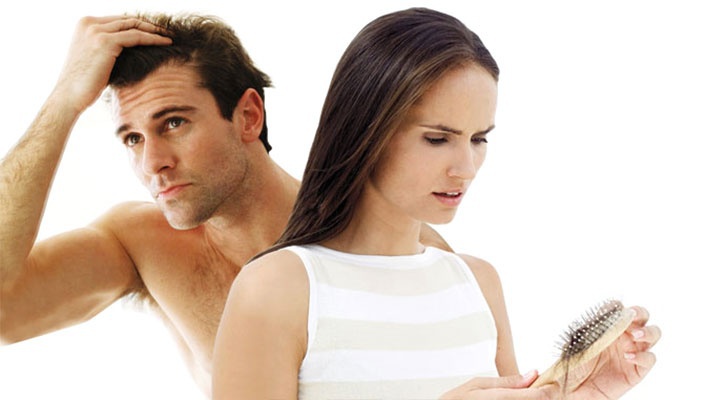

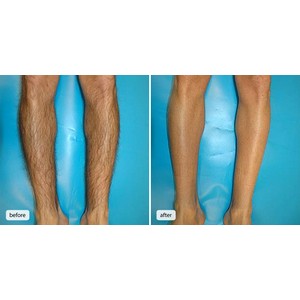
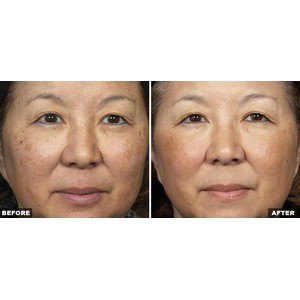
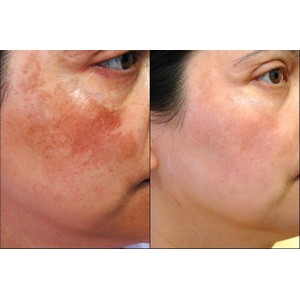
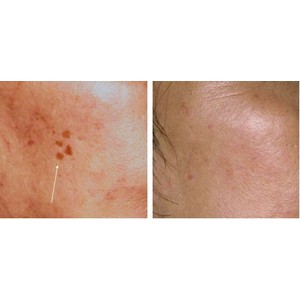
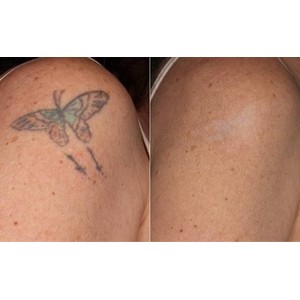
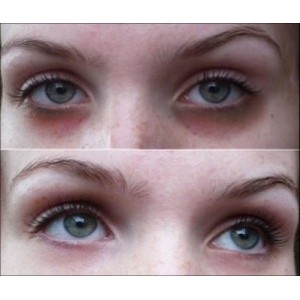
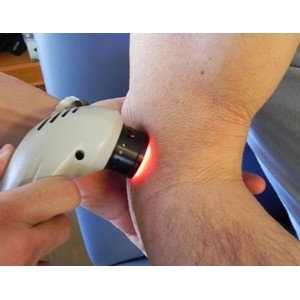
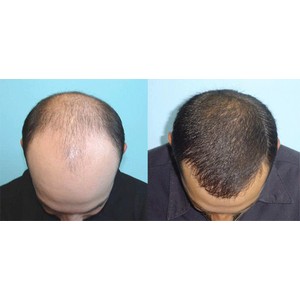
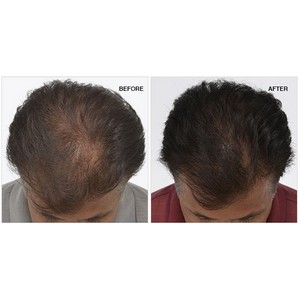
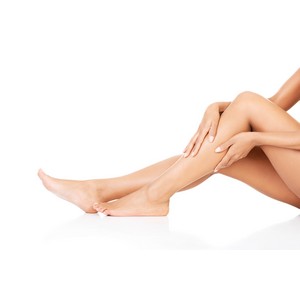
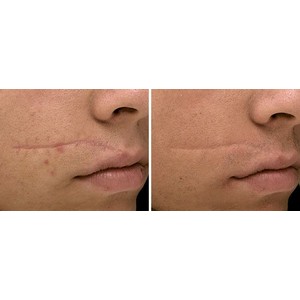
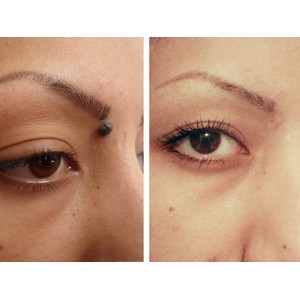
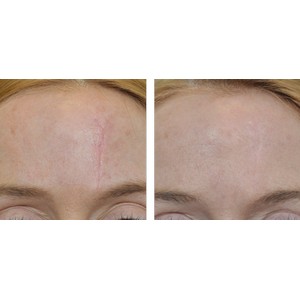
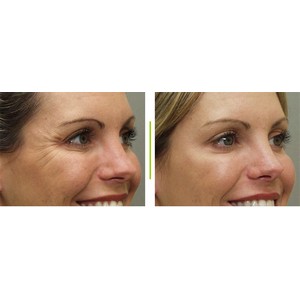
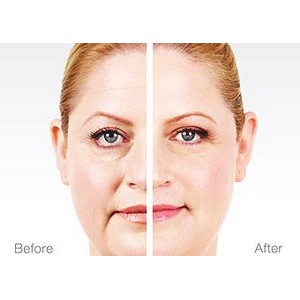
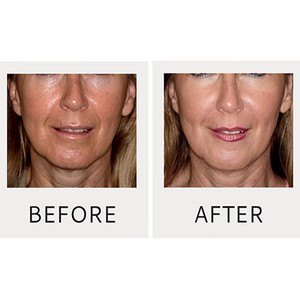
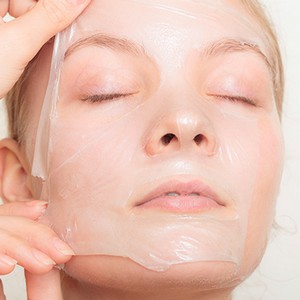
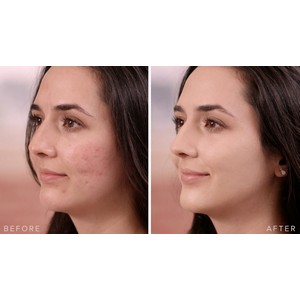
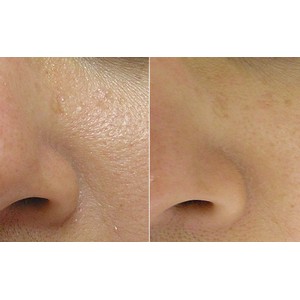
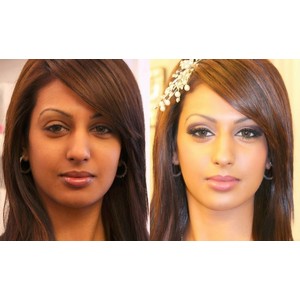
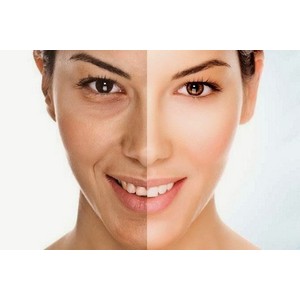
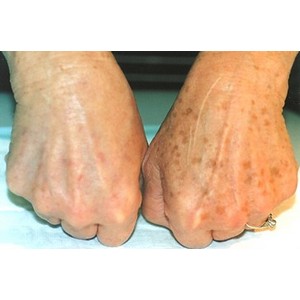
Javier Eudy
This blog definitely taking a lot of initiative of you.
Great job!
One Nine Elms Official
Extremely fascinating, Good job and also many thanks for sharing such a good blog.
Raleigh Gomes
terrific and also outstanding blog. I truly want to thank you, for giving us far better details.